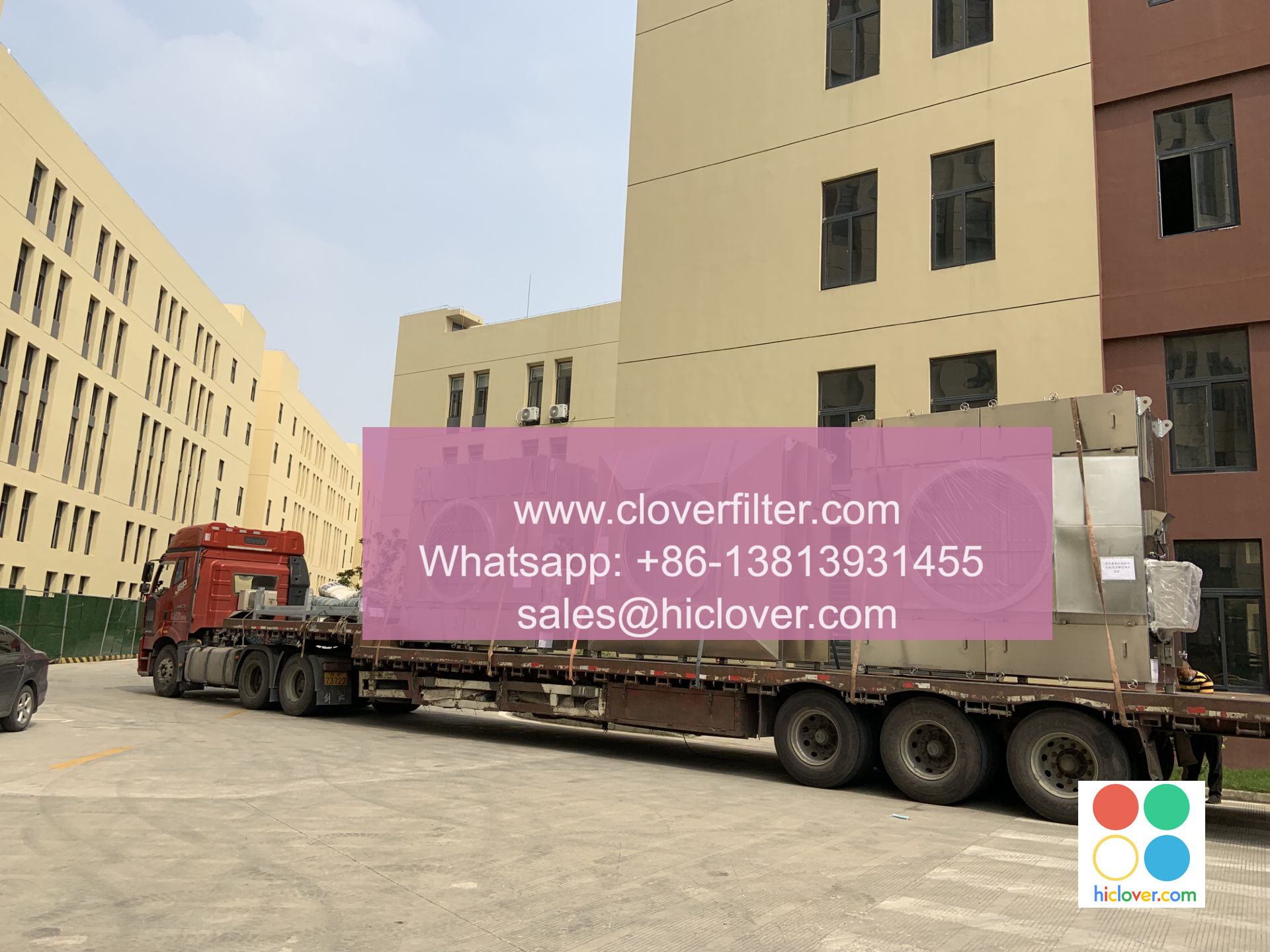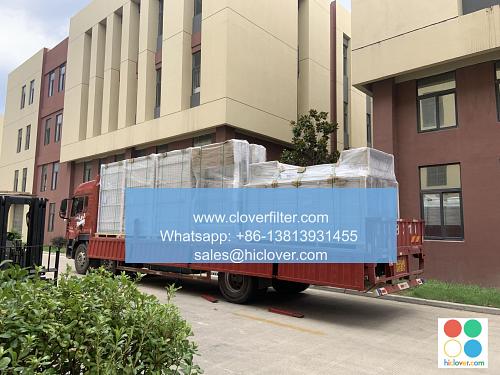Air Filter Production: Building Relationships with Suppliers

Air filter production is a critical process that involves the creation of filters that remove contaminants from the air, improving indoor air quality and promoting healthier living and working environments. In this industry, building strong relationships with suppliers is essential for ensuring a consistent and high-quality supply of raw materials, such as HEPA filter media, activated carbon, and non-woven fabrics. In this article, we will explore the importance of supplier relationships in air filter production, highlighting various application areas, including industrial air filtration, commercial HVAC systems, and residential air purification.
Importance of Supplier Relationships
Establishing strong relationships with suppliers is crucial in air filter production, as it enables manufacturers to source high-quality materials, negotiate competitive pricing, and ensure timely delivery of goods. A reliable supplier network also allows manufacturers to respond quickly to changes in demand, ensuring that they can meet the needs of their customers in a fast-paced and competitive market. By building trust and cooperation with suppliers, air filter manufacturers can improve their supply chain efficiency, reduce costs, and enhance their overall competitiveness.
Key Application Areas
Air filters have a wide range of applications, including:
Industrial air filtration, where they are used to remove contaminants from the air in manufacturing facilities, warehouses, and other industrial settings.
Commercial HVAC systems, where they help to improve indoor air quality and reduce energy consumption in office buildings, schools, and other commercial properties.
Residential air purification, where they are used to remove allergens, bacteria, and other pollutants from the air in homes and apartments.
Other application areas include automotive air filtration, aerospace engineering, and medical facilities, where high-efficiency air filters are used to protect sensitive equipment and ensure the health and safety of occupants.
Raw Materials and Manufacturing Process
The production of air filters involves the use of various raw materials, including filter media, frame materials, and adhesives. The manufacturing process typically involves several stages, including cutting and shaping the filter media, assembling the filter frame, and testing and quality control. Air filter manufacturers must ensure that their products meet stringent quality standards, including ASHRAE and ISO standards, to guarantee optimal performance and longevity.
Conclusion
In conclusion, building strong relationships with suppliers is essential for air filter manufacturers, as it enables them to source high-quality materials, improve their supply chain efficiency, and enhance their overall competitiveness. By understanding the importance of supplier relationships and highlighting various application areas, including industrial air filtration, commercial HVAC systems, and residential air purification, air filter manufacturers can optimize their production processes and deliver high-quality products that meet the needs of their customers. As the demand for high-efficiency air filters continues to grow, air filter manufacturers must prioritize supplier relationship management to remain competitive in a fast-paced and rapidly evolving market. You haven’t asked a question or provided a prompt for me to respond to. What would you like to talk about or ask? I’ll do my best to provide a helpful and informative response.

